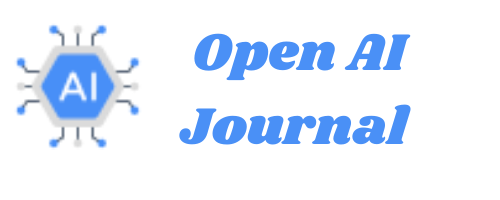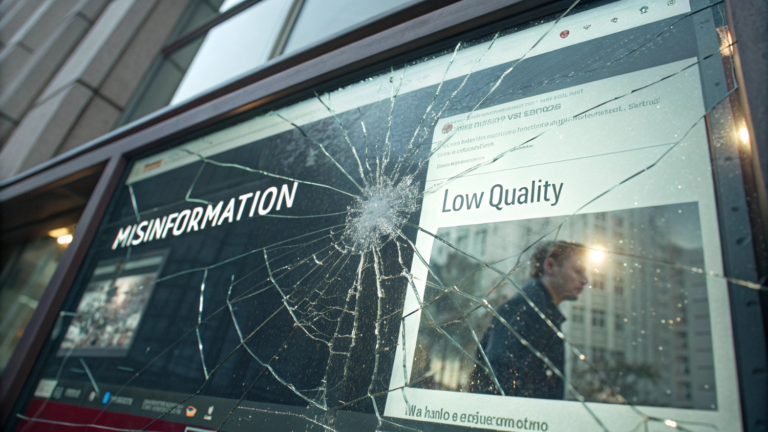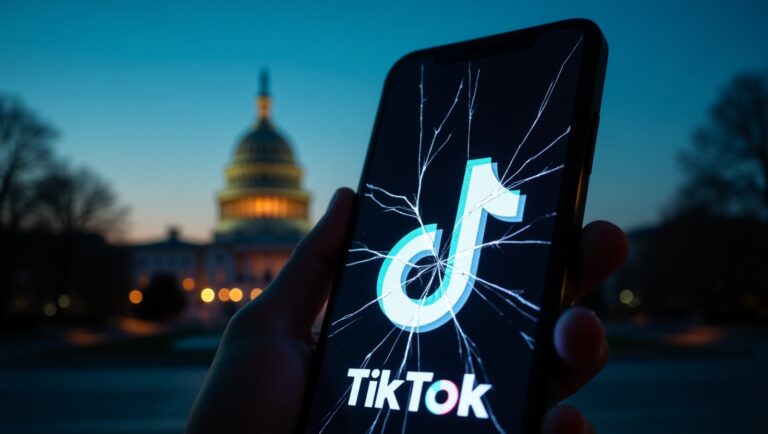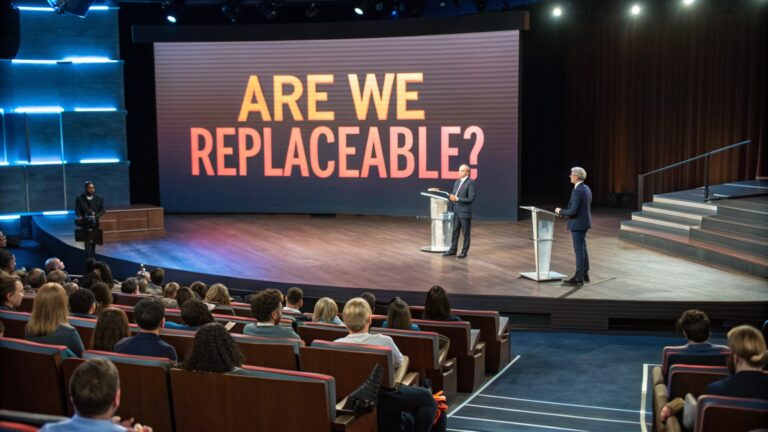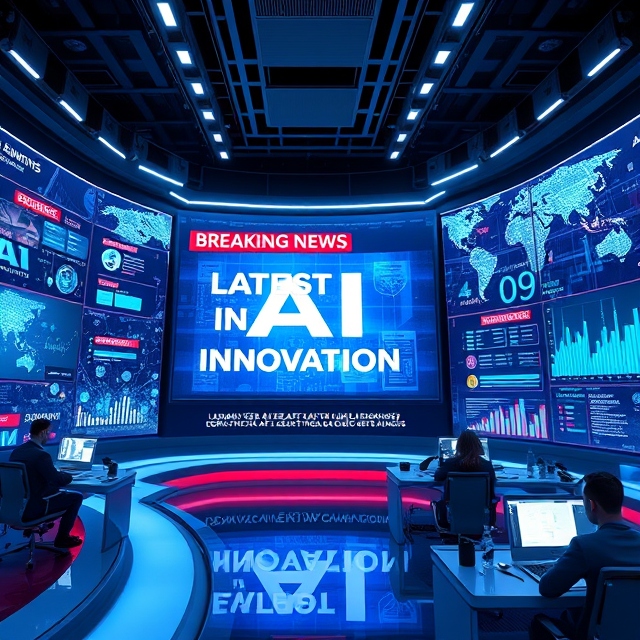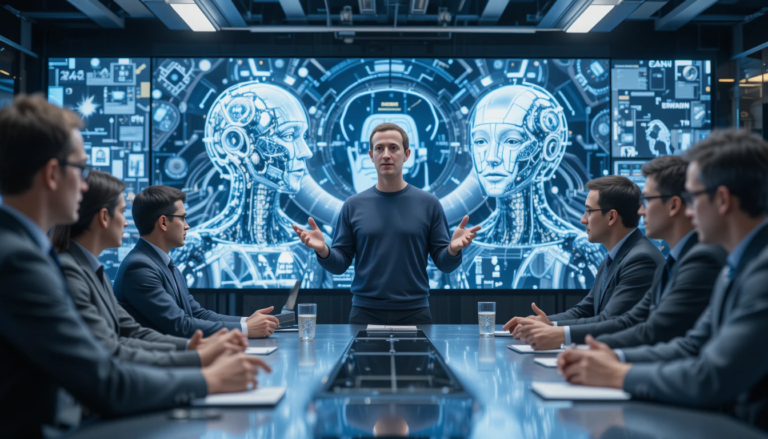CES 2025 Shocker: Is AI Take Over Jobs Faster Than Predicted?
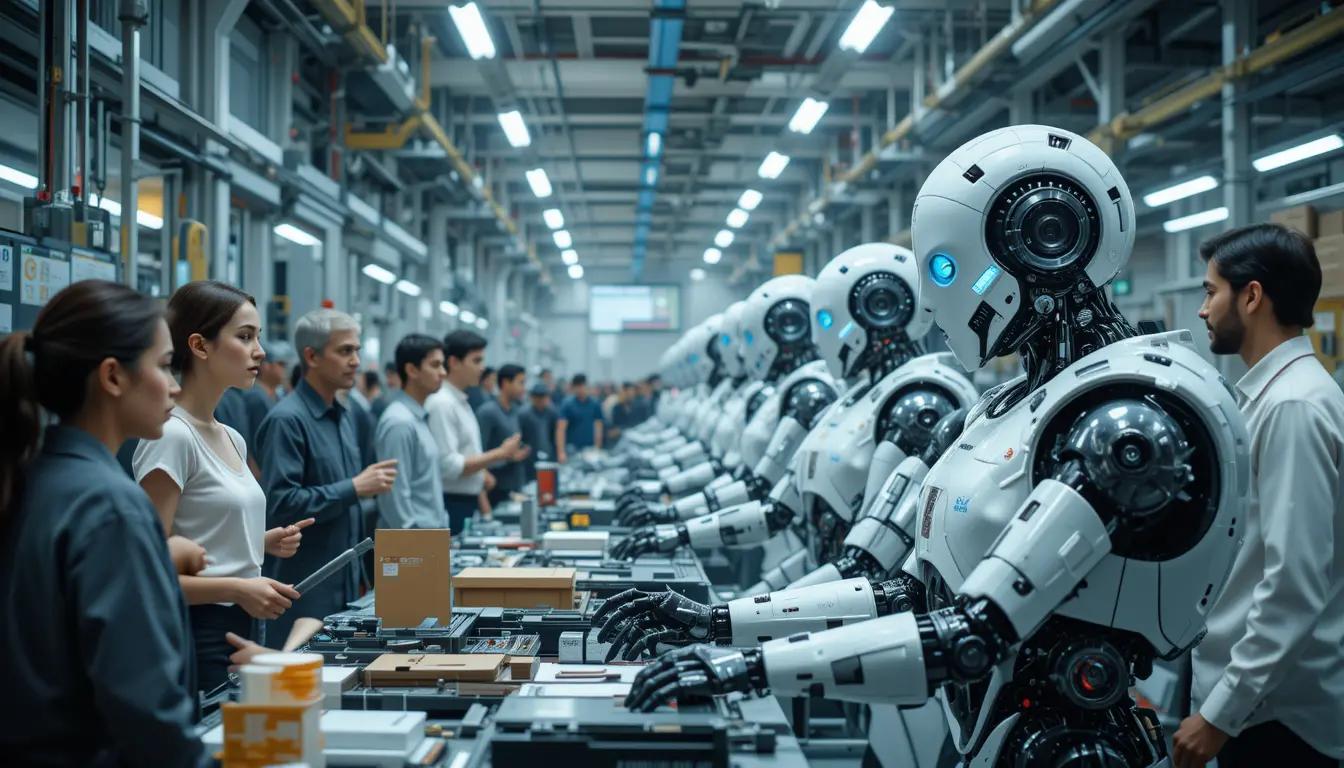
Table of Contents
Introduction: A New Era of Job Disruption
Let me ask you something: have you ever paused to think about how fast technology is changing our lives? Just a few years ago, the idea of self-driving cars, AI doctors, or fully automated customer service seemed like science fiction. Fast forward to CES 2025, and these technologies are not just concepts—they’re here, reshaping industries.
The buzzword at this year’s Consumer Electronics Show (CES) was clear: AI Take Over Jobs. Everywhere you looked, companies showcased AI systems capable of performing tasks once reserved for humans. The big question, though, is whether this transformation is happening faster than expected. Let’s dive into the trends, the evidence, and the real-world implications of this AI revolution.
The Rapid Rise of AI: Spotlight on CES 2025
Walking through the bustling halls of CES 2025, I was struck by the sheer scale of AI innovation. From robots conducting real-time language translations to autonomous vehicles mapping complex cityscapes, the message was clear: AI is advancing at breakneck speed.
Take the example of NVIDIA’s keynote presentation. CEO Jensen Huang revealed AI systems that could design complex 3D environments in seconds, a task that traditionally required weeks of work from human designers. Another standout was Hyundai Mobis, which introduced a holographic windshield powered by AI that could predict road hazards faster than any human driver.
These developments are not just flashy tech demos; they signal a profound shift. According to Gartner, AI is expected to replace 85 million jobs globally by 2025, but it will also create 97 million new roles. The problem? These new roles often require advanced skills that many displaced workers may lack.
My Personal Experience: Facing AI in the Workplace
I remember when AI first entered my own professional world. A few years ago, I worked as a content writer for a marketing agency. One day, our manager introduced an AI tool that could generate blog posts in minutes. At first, we were all skeptical, even a little offended. How could a machine possibly match the creativity and nuance of human writing?
But the reality hit hard. The AI wasn’t perfect, but it was fast, and it got better with each iteration. Before we knew it, our team had fewer projects, and two colleagues were let go. That experience taught me a harsh but valuable lesson: the AI Take Over Jobs phenomenon isn’t just a headline—it’s real, and it’s personal.
Jobs Already Disrupted: From Routine to Creative Roles
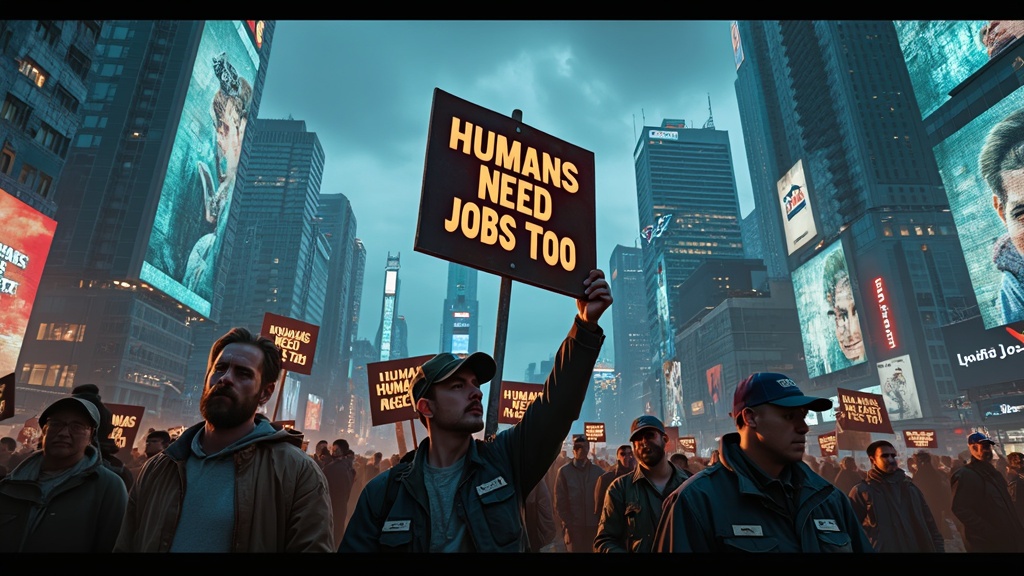
Let’s break this down. When people think of AI replacing jobs, they often picture factory workers or cashiers. While it’s true that automation has revolutionized manufacturing and retail, AI is now creeping into white-collar and even creative fields.
For instance, legal professionals are feeling the heat. AI platforms like ROSS Intelligence can analyze legal documents and provide case law recommendations in seconds, reducing the need for junior associates. Similarly, in healthcare, AI tools like IBM’s Watson are diagnosing diseases with remarkable accuracy, sometimes outperforming human doctors.
Even creative industries aren’t immune. AI-generated art and music have gained significant traction, with platforms like DALL·E and AIVA producing works that rival human creators. A report by PwC predicts that up to 30% of existing jobs in the UK alone could be at risk of automation by the early 2030s.
Industries Most Vulnerable to an AI Take Over Jobs
So, which sectors should be most worried? Based on what I saw at CES 2025 and industry data, these are the top contenders:
- Transportation: Autonomous vehicles are set to disrupt trucking, delivery services, and even public transit.
- Healthcare: AI diagnostic tools and robotic surgeons are transforming patient care.
- Customer Service: Chatbots like ChatGPT are replacing human agents in many companies.
- Finance: Algorithmic trading and automated financial analysis are reducing the need for human analysts.
- Education: AI-powered tutoring systems could reduce the demand for human educators.
Counterarguments: Is AI Actually Creating More Jobs?
Here’s where things get complicated. While the AI Take Over Jobs narrative is alarming, it’s not the whole story. Experts argue that AI is also a powerful job creator.
Think about it: someone needs to develop, train, and maintain these AI systems. New roles like “AI trainers” and “data ethicists” are emerging to meet this demand. According to a report by the World Economic Forum, the AI industry will create nearly 97 million jobs by 2025, including roles in cybersecurity, AI development, and cloud computing.
The challenge, however, lies in the skills gap. Many of these new positions require expertise in coding, machine learning, and data science—skills that are out of reach for many workers displaced by AI.
Ethical Dilemmas: Who’s Responsible for the Fallout?
One of the most thought-provoking discussions at CES 2025 revolved around ethics. As AI continues to reshape the workforce, who bears the responsibility for those left behind?
Governments could step in by offering reskilling programs and social safety nets, but corporate accountability is equally important. Companies profiting from AI should invest in training programs to help their employees transition into new roles.
Then there’s the issue of inequality. AI disproportionately affects lower-income workers, widening the gap between the rich and the poor. This ethical dilemma was a hot topic in CES panels, with many experts calling for immediate action to prevent a societal divide.
Preparing for the Future: Thriving in an AI-Driven Economy
So, what can we do? If you’re feeling uneasy about the AI Take Over Jobs trend, you’re not alone. The good news is that there are steps you can take to future-proof your career.
- Upskill Continuously: Learn in-demand skills like coding, data analysis, and AI basics.
- Embrace Lifelong Learning: Platforms like Coursera and Udemy offer affordable courses to stay competitive.
- Adaptability is Key: Stay open to change and be willing to pivot when needed.
Conclusion: A Future We Can Shape Together
CES 2025 gave us a glimpse into a future dominated by AI, and it’s both exciting and daunting. The AI Take Over Jobs debate is more relevant than ever, raising critical questions about how we adapt as individuals and as a society.
While AI is undoubtedly disrupting traditional roles, it’s also opening doors to new opportunities. The challenge lies in navigating this transition thoughtfully, ensuring that no one is left behind.
So, here’s my takeaway: rather than fearing AI, we should focus on preparing for the changes it brings. By doing so, we can shape a future where technology enhances human potential instead of replacing it. What’s your take on this? I’d love to hear your thoughts in the comments below!
